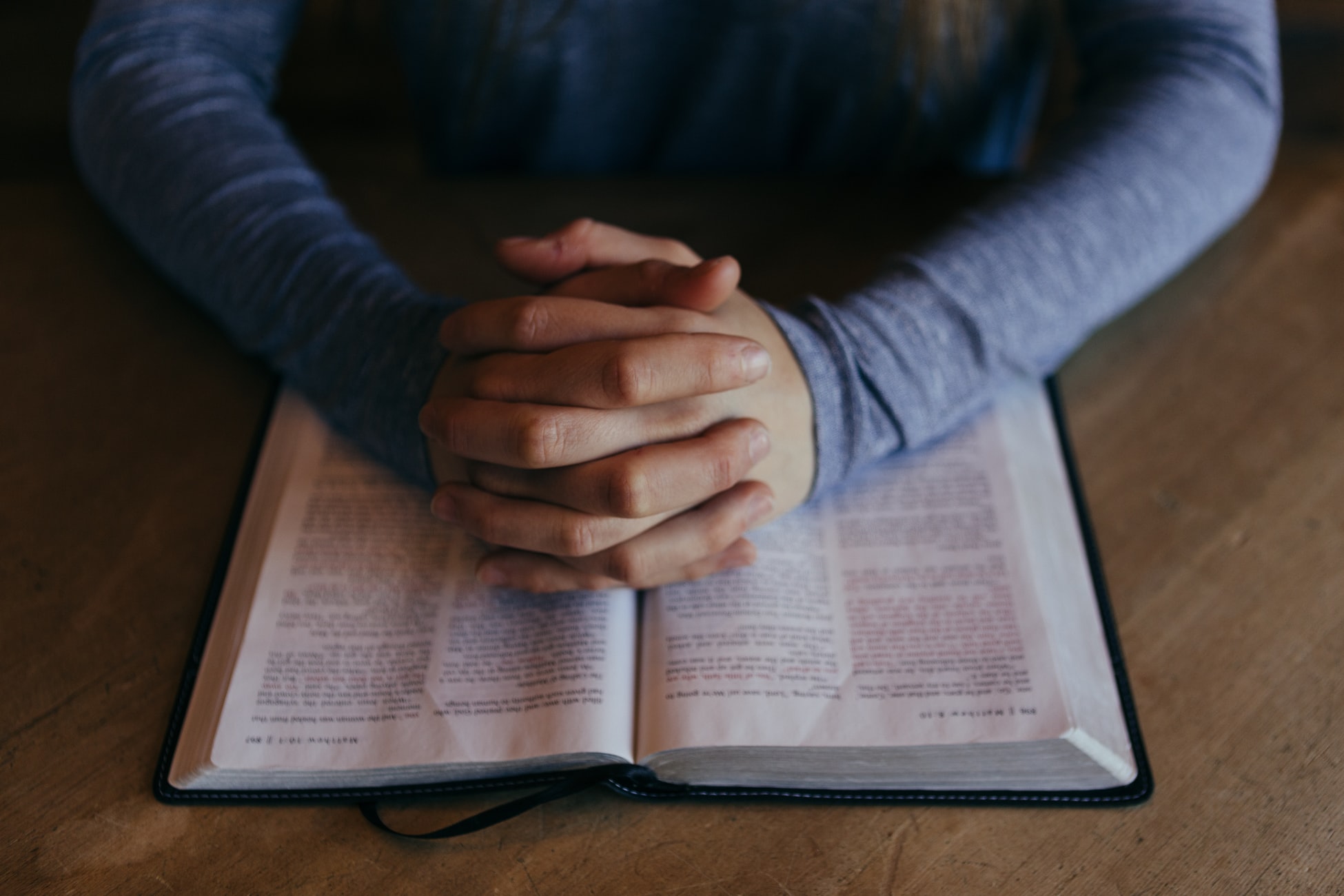My Rock and My Redeemer

My email inbox is full of messages from people offering advice on how to come back from this year of pandemic. It’s been full all year. Some advice is from expert consultants who have been willing to guide me through unprecedented days of leading. Other emails have arrived from well-meaning church members whose hearts are hurting, and they want to be heard, understood, and supported. Some identify with one cultural and political perspective, while others take another perspective. All feel justified, called, prayerful, passionate, and committed. All of them are family—the Body of Christ.
Personally, I have struggled to know exactly how to lead during such unprecedented times. The complexities of the issues we are facing defy simple answers. The dysfunction inside and outside the church complicates what message to deliver and which way to deliver it. Some say we should not be afraid to speak out boldly no matter who is offended, but perhaps they only feel that way if they are not the ones being offended.
I have developed a ritual before preaching. I used to pray, “May the words of my mouth and the meditation of my heart be pleasing to you, O Lord, my rock and my redeemer” (Psalm 19:14), but I realized at some point that I was just asking God to bless the words that I had already planned to say. It seemed God was inviting me to a deeper prayer. Sometime after this realization, I was impressed to add, “May the words of my mouth and the meditation of my heart be ordered by and therefore pleasing to you, O Lord my Rock and my Redeemer.”
The more I’ve lived in that prayer, the more I’ve realized that the passage the prayer comes from is very specific. David is not asking God for a blanket covering of his words in general but these words that are being spoken in this moment, in this conversation, in this sacred space.
I’ve become more and more convicted to pray that ritual prayer before preaching but have struggled to have the same intentionality in my daily conversations.
Every Sunday I find it vital to plead, pray, and seek that God would order my words and meditations before I speak and in so doing, find them pleasing.
However, in everyday life I don’t seem to see the same need for that kind of humble attitude. In fact, I often find myself thinking, “I love God, God loves me . . . if I thought it, and I said it, God must have been involved somehow, right”? David’s attitude in Psalm 19 is so convicting to me. He seems to feel that the meditations of his heart and the words of his mouth in a moment of private prayer and journaling still must be uttered with an attitude of humility and surrender.
I’ve become convinced that any path forward through days of uncertainty requires humility and surrender. I need to be in that mindset when I am preparing a sermon, reading people’s emails, preaching, posting on social media, and in every conversation, every day, all the time. I think Paul was fighting similar battles when he reminded the church at Corinth that, “Knowledge puffs up, but love builds up” (1 Corinthians 8:1, CSB). So I’m navigating these unprecedented days praying that the words of my mouth and the meditations of my heart be ordered by the Lord – my Rock and my Redeemer.
Dave Roberts is lead pastor at Montrose Church of the Nazarene in Montrose, California.
Please note: All facts, figures, and titles were accurate to the best of our knowledge at the time of original publication but may have since changed.




